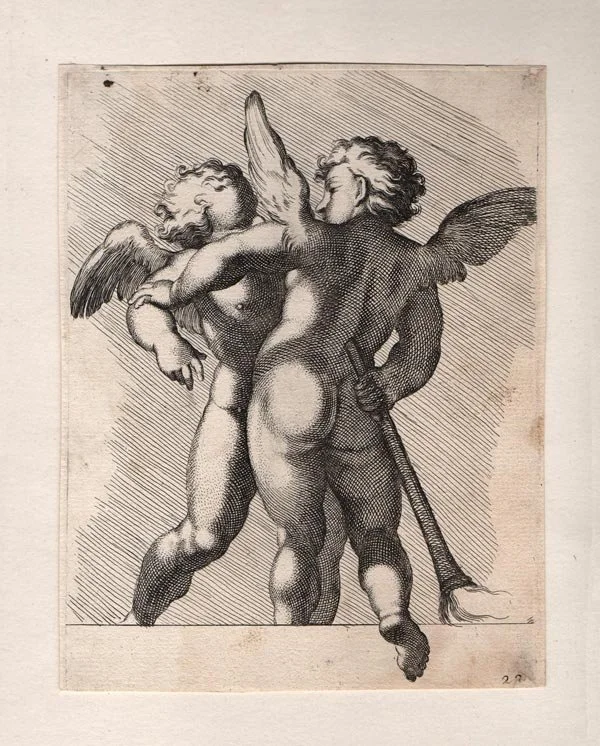My interest in polysemy informs my current project, The Anterotic Tradition: Love and its Opposites in Renaissance Europe.
This study seeks to construct the first analysis of an anterotic current in Europe, stretching from fifteenth-century Italy to late sixteenth-century France. At its heart lies the figure of Anteros: the feisty brother of Eros, who in the Ancient World stood in for mutual love, or was idolized as the avenger of spurned lovers.
In the Renaissance, humanists, philosophers and poets utilised Anteros or anterotic language to various ends, often inverting its meaning to signify ‘Against Love’ or ‘Contr’amour’.
My aim is to show how Renaissance writers of the anterotic mobilised the full range of the Greek prefix ‘anti’ (‘over’; ‘opposed to’; ‘in return’; ‘in mutual relation to’; ‘in comparison to’) and thus to offer a holistic and multi-layered account of the meanings and implications of the anterotic that restores to Love its polyvalency: as a frictional, ambivalent encounter with the other.
